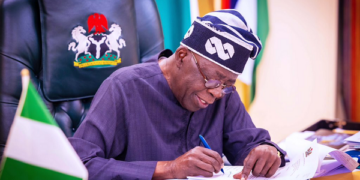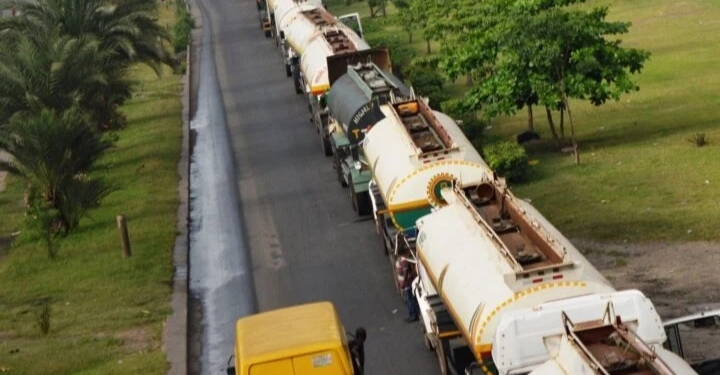Telcos under the platform of the Association of Licensed Telecommunications Operators of Nigeria (ALTON) have called on the federal government to prioritise the supply of diesel.
WITHIN NIGERIA learnt that the price of automotive gas oil, also known as diesel, has surpassed 700 per litre in some filling stations in Lagos.
Speaking on the development on Friday, ALTON chairman, Gbenga Adebayo said the telecoms sector had been severely affected by the current hike in diesel prices and fuel scarcity.
The challenges, he said, has caused incidences of diesel theft at telecoms facilities to increase.
“It has affected us quite significantly. The cost of operations has gone up. As you are very aware, part of the things we had complained about over the years is the lack of availability of public power supply at our sites across the country. Now, those sites are powered by generators which run on diesel,” Adebayo said.
“The challenges we have had apart from the fact that diesel has become very expensive is that it has also become unavailable in places. And the logistics of getting it to those places is also a problem. Because of the high cost, cases of theft of diesel on site have also increased.
“Even the trucks that will take the diesel to the site are also powered by diesel. These are the problems.”
According to Adebayo, telecoms operators have agreed to turn to the government for intervention.
“We will be seeking to prioritise the availability of supply of diesel from NNPC,” he said.
“We should be given first priority because if we are not able to power the sites, you know what will happen. Some people can’t survive. If we can’t power telecommunications sites, it will be a big problem.
Asked about the possibility of increasing tariffs paid by consumers, the ALTON boss said, “We are very aware of the problems of consumers because the cost of everything has gone up”.
“It will be insensitive to start talking about tariff costs now because we can see what people are going through.
“Our first step is to approach the government and seek for direct supply of diesel at the official supply rate. This is to prevent the problem of tariff hike because we don’t want that as a first option.
“If we go to increasing tariffs and charges, we are actually not solving the problem. You can see the rate of the fall of the currency and the increase in the price of diesel. So, how much can you increase tariffs to compensate for that?
“The first option is to solve the supply problem, and we see how it helps us”.
“We can’t solve all the problems in one sweep, let’s even have the supply available first. The problem today is that it is expensive and not available. Let’s solve the availability problem first, then we can look at other elements later.
“We have started the process of seeking intervention from the government. It’s an internal thing between us and our regulator, the ministry of communications”.










Discussion about this post